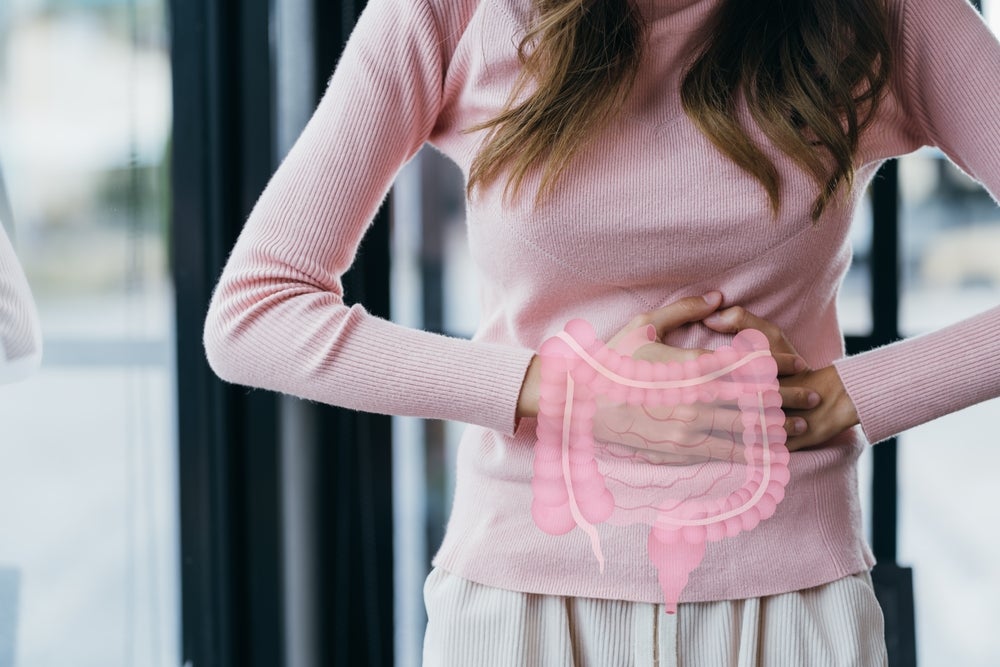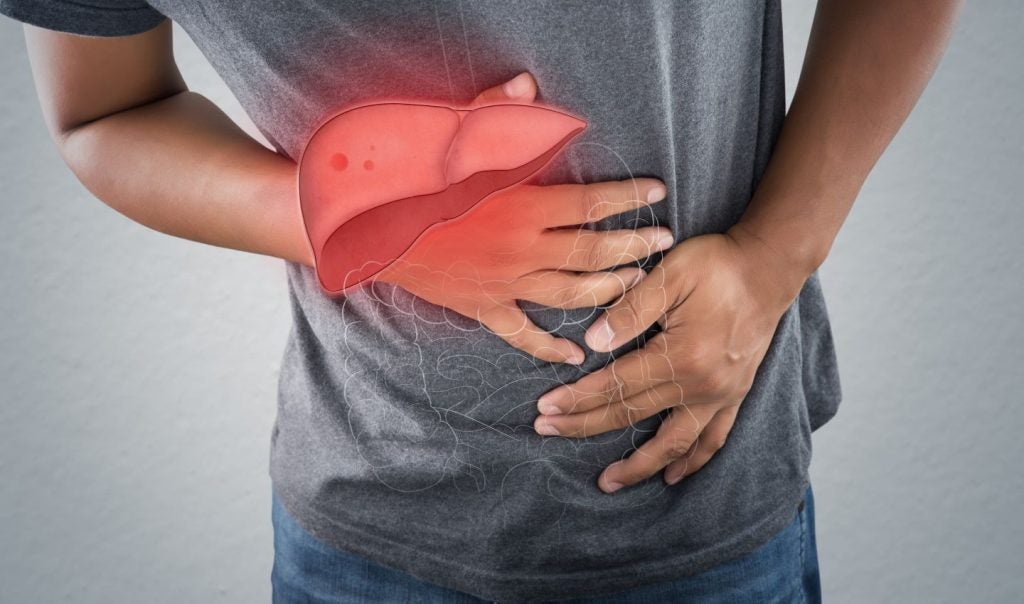US-based biotech Tharimmune has announced positive data indicating its transmucosal buccal film, named TH104, showed bioavailability as a treatment for liver-related and inflammatory conditions.
In the Phase I trial (NCT06198686), 20 healthy volunteers received either 16mg of TH104 or a 1mg dose of nalmefene, under fasting conditions. Nalmefene is an opiate receptor antagonist and the active molecule in TH104. The primary endpoint of the trial – assessing the bioavailability, safety, and efficacy of the buccal film— was met. Preliminary safety analysis also showed mild adverse events, with no deaths or serious adverse events reported.The Phase I pharmacokinetic analysis is ongoing, with full data expected in Q2 2024.
A buccal film is a thin, dissolvable strip that is placed inside the mouth, specifically against the cheek or gum. Medication is delivered through the mucous membranes of the mouth, allowing for rapid absorption into the bloodstream – designed to bypass the digestive system and avoid first-pass metabolism by the liver.In November last year, Tharimmune closed an $11m public offering to advance TH104 into a Phase II trial. The trial of moderate-to-severe chronic pruritus in primary biliary cholangitis (PBC) study is on track and expected to initiate this year.PBC is a chronic autoimmune liver disease that primarily affects the small bile ducts within the liver. The condition results from the immune system mistakenly attacking these ducts, leading to scarring and impaired liver function. Symptoms include fatigue, itching, abdominal pain, and jaundice. In advanced cases, liver transplantation may be necessary.
In the announcement accompanying the results, CEO of Tharimmune Randy Milby said: “We are pleased with the completion of our Phase 1 study of TH104 and our expectations for a safe and tolerable transmucosal film delivery have been met.“The data generated are a critical step forward to continue our momentum and remain on-track to initiate a Phase 2 program this year.”















